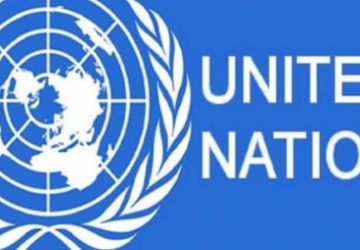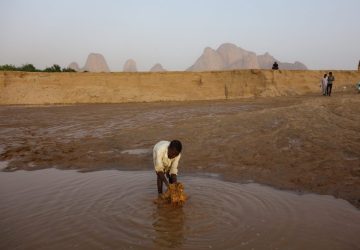A mass funeral for around 300 earthquake victims was held on Monday in rural western Afghanistan, following high-magnitude tremors that claimed over 2,000 lives. Families are still searching for and rescuing loved ones trapped in the rubble.
A mass funeral was held on Monday in rural Afghanistan for 300 earthquake victims, while many families remained trapped in the rubble of their homes, days after high-magnitude tremors killed over 2,000 people.
A mass funeral ceremony for around 300 earthquake victims was held Monday in rural western Afghanistan, as families remained trapped in the rubble of their ruined homes two days after high-magnitude tremors killed more than 2,000 people.

In Siah Ab village, near the epicenter of Saturday’s magnitude 6.3 quake followed by eight aftershocks, white-shrouded bodies were unloaded from a fleet of ambulances and laid in ranks as crowds solemnly crossed their arms in Islamic prayer.
In nearby Nayeb Rafi, once home to some 2,000 families, there were no buildings left standing, only undulating piles of broken mud bricks that were once ceilings and walls.
Twin excavators scooped at the wreckage to retrieve belongings and bodies as hopes of finding survivors died out in some areas. Elsewhere, those still optimistic continued to dig with spades and pickaxes.

Disaster Management Ministry spokesman Mullah Janan Sayeq said that still “people are trying to search and get their family out of the debris.”
The World Health Organisation estimated more than 11,000 people had been affected from 1,655 families.
Aid trickled in Monday on trucks packed with food and blankets, and blue tents began to pop up among the ruins.
As winter draws in, providing shelter for residents will be a major challenge for Afghanistan’s Taliban government, which seized power in August 2021 and has fractious relations with international aid organizations.

Taliban authorities have banned women from working for the UN and non-governmental organizations (NGOs) in the country, making it difficult to assess family needs in deeply conservative parts of the country.
Afghanistan is frequently hit by earthquakes, especially in the Hindu Kush mountain range, which lies near the junction of the Eurasian and Indian tectonic plates.
Katrine Dige Houmøller, with AFP





